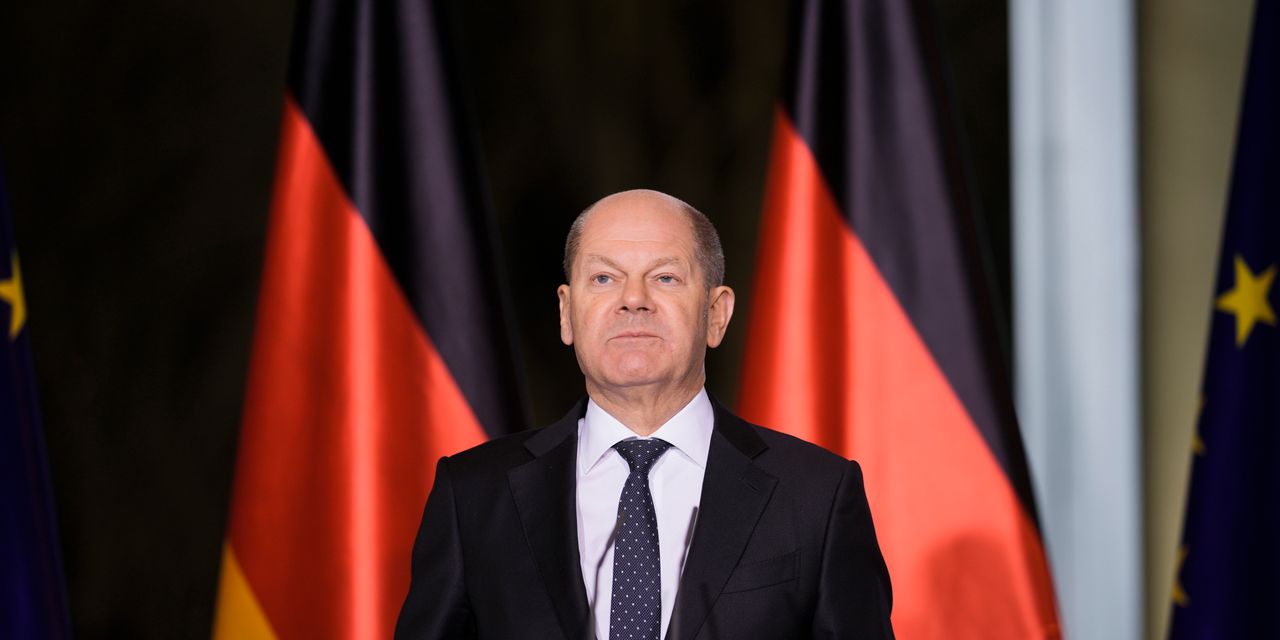The German economy lost momentum in 2022 as the country faced multidecade high inflation rates as energy prices soared, posing challenges for its key industrial sector.
The eurozone’s largest economy expanded 1.9% in 2022 compared with a year earlier, according to preliminary data published Friday by Germany’s statistics office Destatis. This marks a slowdown from the 2.6% expansion registered in 2021, when the economy rebounded from 2020’s pandemic-driven contraction.
The reading is in line with expectations from economists polled by The Wall Street Journal.
“The overall economic situation in Germany in 2022 was characterized by the consequences of the war in Ukraine such as the extreme increases in energy prices,” said Ruth Brand, president of Germany’s statistics office.
Economists expect the German economy to slow down further in the months ahead. Still, recently declining energy prices and easing concerns about energy rationing have improved the economy’s short-term outlook, with any upcoming downturn likely to be shallow.
Write to Xavier Fontdegloria at xavier.fontdegloria@wsj.com

